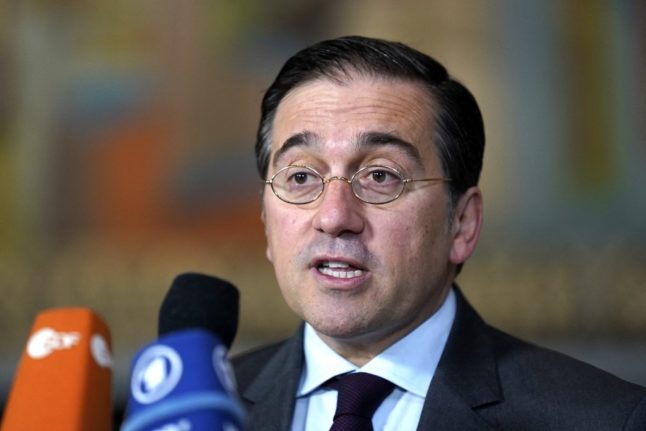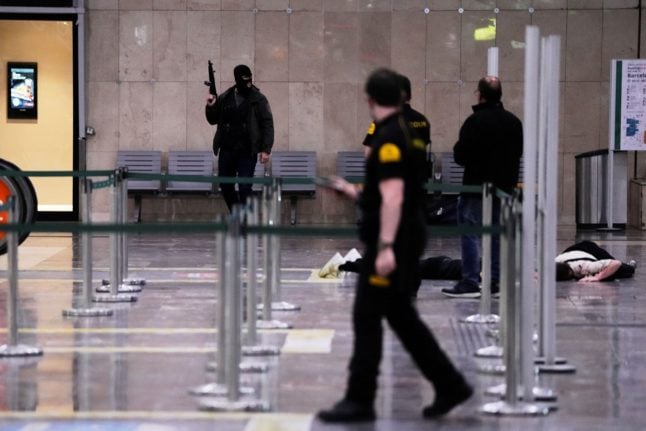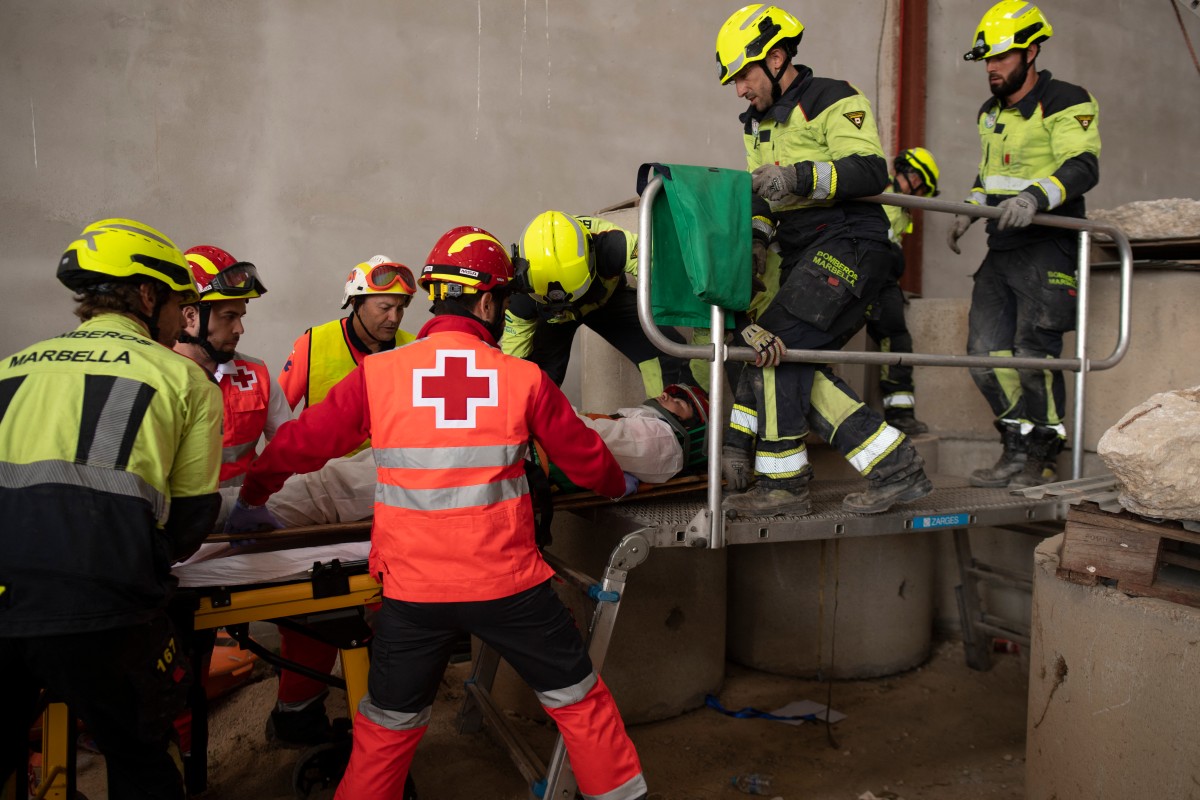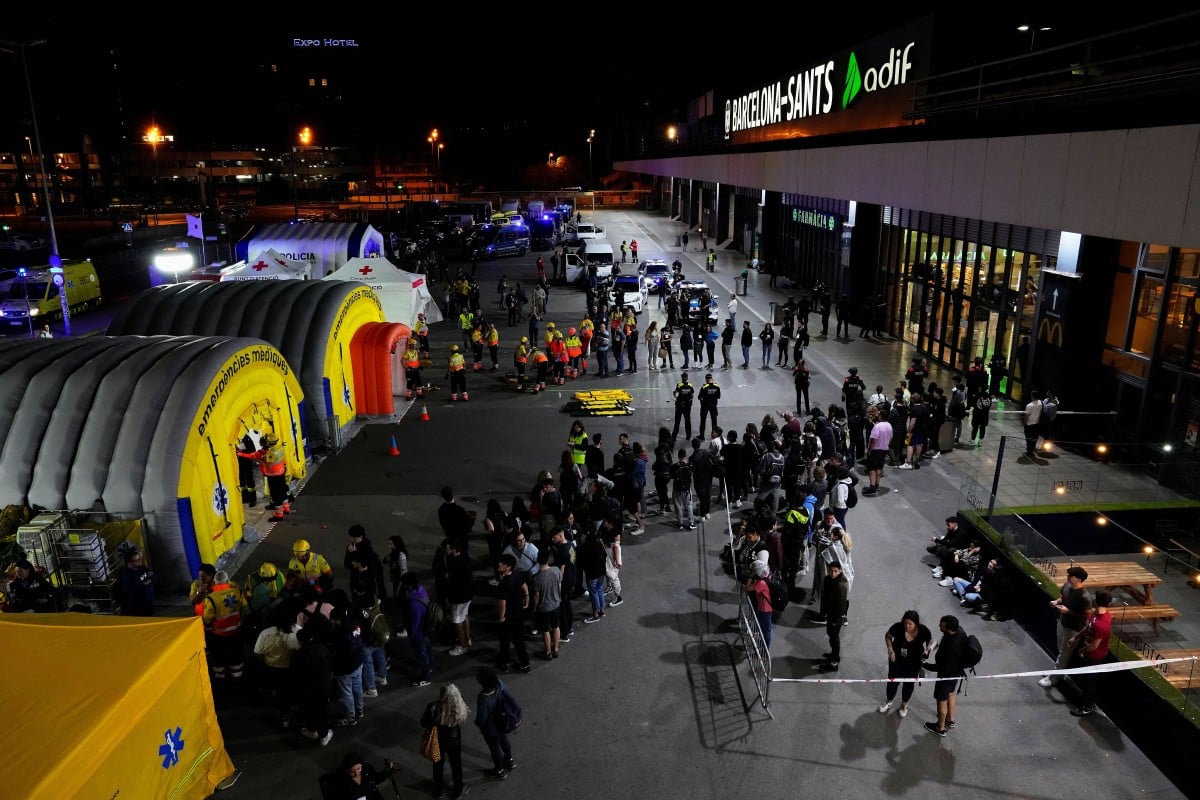An A400 military plane took off from a base in the northeastern city of Zaragoza with the team bound for Marrakesh to “help in the search and rescue of survivors of the devastating earthquake suffered in our neighbouring country,” the defence ministry said in a statement.
Spain is preparing to send a second plane with a rescue team run by the regional government of Madrid, Defence Minister Margarita Robles added during an interview with Spanish public television.
“We will send whatever is needed because everyone knows that these first hours are key, especially if there are people buried under rubble,” she added.
The rescue team which departed on Sunday belongs to Spain’s Military Emergencies Unit (UME), a body of the armed forces that was created to intervene quickly in emergency situations such as forest fires, floods and earthquakes.
They are equipped with tools to drill and cut reinforced concrete, as well as the means to detect toxic or explosive substances to ensure rescue teams work in safety, the defence ministry statement said.
UME teams have been deployed before to help in earthquake rescues in Ecuador, Haiti, Mexico, Nepal and most recently Turkey in February where they rescued six people, including a mother and two children.
The strongest-ever quake to hit Morocco has killed at least 2,012 people and injured over 2,000, many of them critically, according to the latest official figures.
Earlier on Sunday Spain’s Foreign Minister Jose Manuel Albares said Madrid would send aid to Morocco after receiving a formal request.
“It is a sign of Spanish solidarity and of the sense of friendship which unites the people of Spain with the people of Morocco,” he said during an interview with Catalunya Radio, adding he received a call from his Moroccan counterpart requesting the aid in the early hours of Sunday.
“It will be as much aid as Morocco needs, at first what we are setting in motion are search and rescue teams because it is urgent to try to find the greatest number of people alive to save them. When it is time for reconstruction, Spanish aid will also be present.”
Other countries, including the United States and France, have also pledged humanitarian aid but Morocco would first need to formally request assistance, a step required before foreign crews can deploy.





 Please whitelist us to continue reading.
Please whitelist us to continue reading.
Member comments